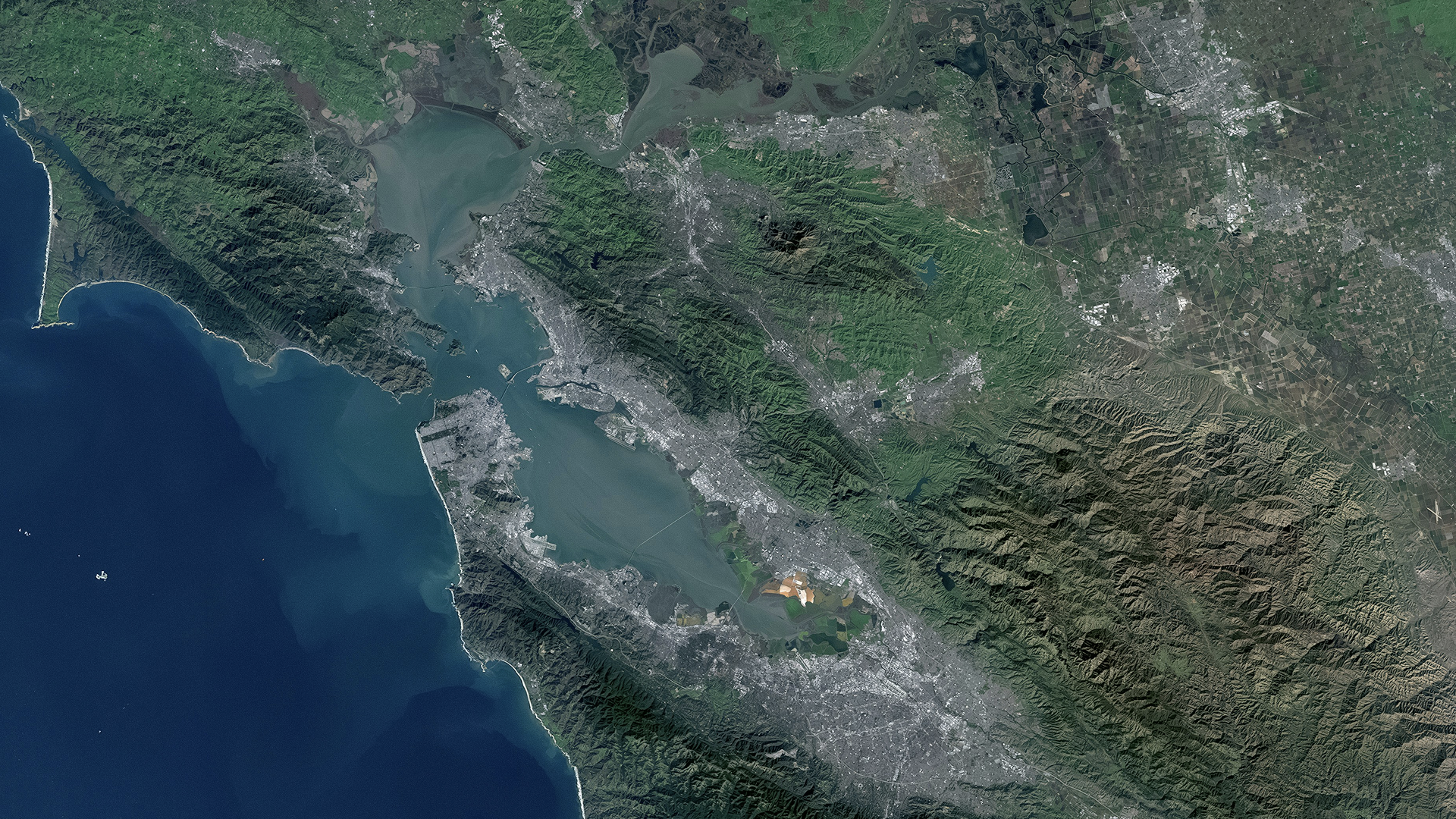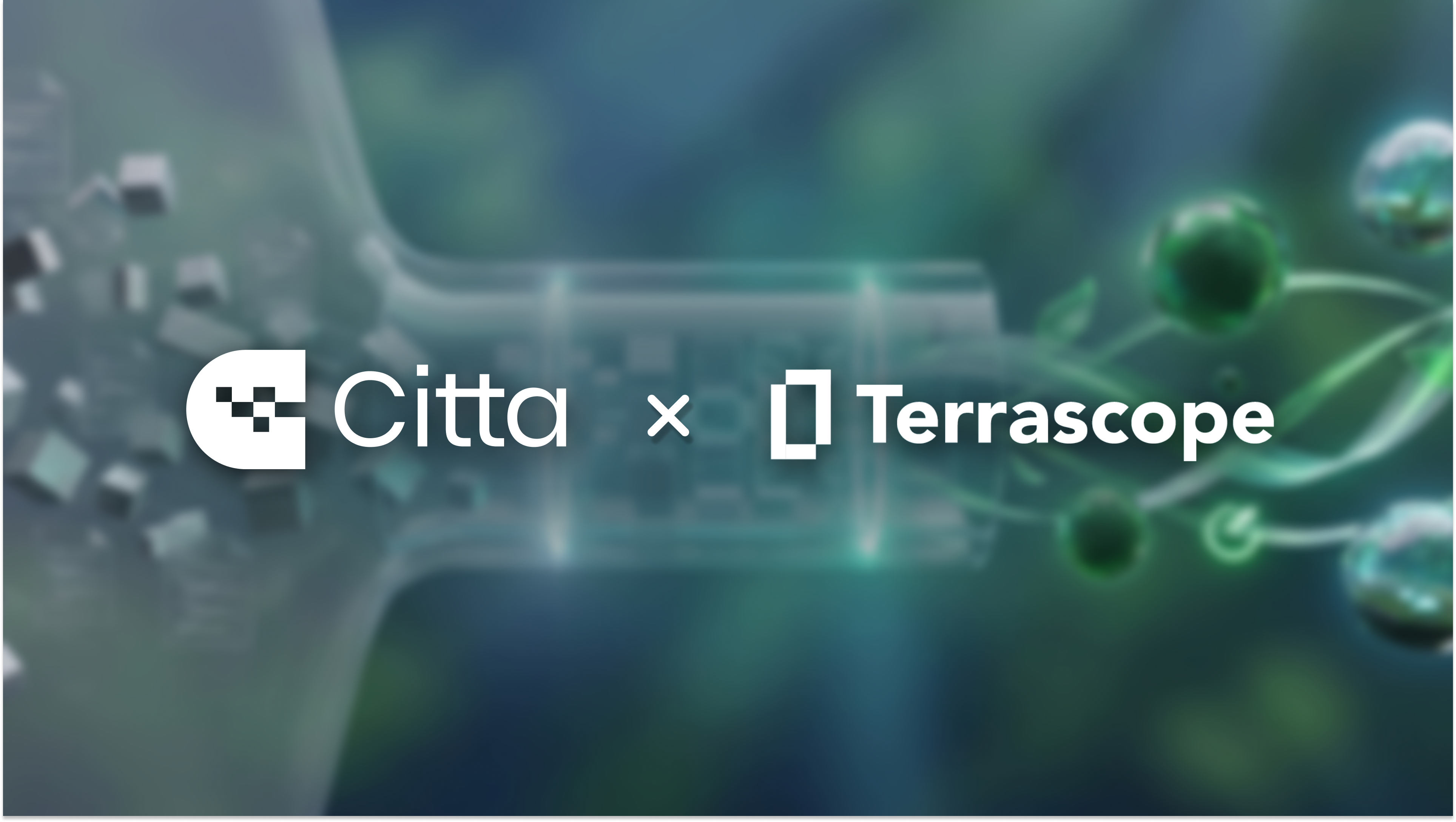On August 21, 2025, the California Air Resources Board (CARB) hosted its second public workshop on implementing SB 253, SB 261, and SB 219, collectively known as “the 200s.” These laws make California the first U.S. state to mandate corporate climate disclosures at scale, impacting thousands of companies doing business in the state.
Here’s a breakdown of the workshop highlights, the guidance issued, and what this means for companies.
Summary
- Under SB 253, companies with more than $1 billion in annual revenue must disclose Scope 1 and 2 GHG emissions starting in 2026, with Scope 3 reporting beginning in 2027.
- SB 261 requires companies with more than $500 million in annual revenue to publish biennial climate-related financial risk reports, starting January 2026.
- SB 219 clarifies and adjusts implementation requirements.
- CARB released draft definitions, reporting timelines, fee structures, and assurance requirements.
- Initial compliance will emphasize “good faith efforts,” but standards will tighten between 2027–2030.
- Fees are flat per entity, not emissions-based: ~$3,106 (SB 253) and ~$1,403 (SB 261).
- Draft reporting templates will be published in September 2025 for public comment.
- SB 253 requires limited assurance in 2026 and reasonable assurance by 2030.
A Quick Explainer: CARB’s Climate Accountability Laws
SB 253 – Climate Accountability Act
The Climate Corporate Data Accountability Act requires large companies with over $1 billion in annual revenue that do business in California to disclose their greenhouse gas emissions. Beginning in 2026, companies must report Scope 1 and Scope 2 emissions for the prior year, with Scope 3 reporting starting in 2027. Assurance requirements will phase in, beginning with limited assurance for Scope 1 and 2 in 2026 and moving to reasonable assurance by 2030. Companies may use existing frameworks such as the GHG Protocol to prepare disclosures. CARB is authorized to collect annual flat fees from covered entities to fund program administration. SB 219 later amended SB 253 to allow parent-level consolidated reports and to provide flexibility and clarity on Scope 3 reporting timelines.
SB 261 – Climate-Related Risk Disclosure Act
The Climate-Related Financial Risk Disclosure Act applies to companies with annual revenue above $500 million that do business in California. It requires biennial climate-related financial risk reports, beginning January 1, 2026, aligned with frameworks such as the Task Force on Climate-related Financial Disclosures (TCFD, 2017 or later), the IFRS Sustainability Disclosure Standard S2, or an equivalent. Reports must be publicly accessible on company websites, with links submitted to CARB’s docket. Each report must state the framework used, note included or excluded recommendations, explain omissions, and outline future disclosure plans. Core reporting areas include governance, strategy, risk management, and metrics and targets. For the first cycle, CARB will accept good faith efforts, permitting qualitative scenario analysis and the use of the most recent available data (2024 data may be used if 2025 data is not ready).
SB 219 – Companion Bill
SB 219 introduces technical adjustments to SB 253 and SB 261, including allowing parent-level consolidated reporting, clarifying Scope 3 timelines, and exempting certain entities such as nonprofits and government agencies to ease implementation.
Key Takeaways from Workshop
Outlines Under Review
- Revenue: Defined either as gross receipts under the tax code or global sales before expenses under CARB’s draft definition.
- Doing business in California: Determined either by Revenue & Tax Code §23101 or by registration with the California Secretary of State.
- Subsidiaries: Entities with >50% ownership qualify as subsidiaries; parent-level reporting is permitted, but each subsidiary must still pay an annual fee.
- Exemptions: Nonprofits, entities with only teleworking employees, government bodies, the California Independent System Operator (CAISO), and companies engaged solely in wholesale electricity trading.
- Alignment with existing programs: CARB is reviewing stakeholder feedback on aligning SB 253 deadlines with the August Mandatory Reporting Regulation (MRR) deadline to prevent conflicting data submissions.
- Next steps:
- CARB will publish a list of potentially covered entities within weeks.
- Draft Scope 1 and 2 reporting templates (with guidance on materiality thresholds, exclusions, and de minimis emissions) will be released by September 2025.
- Public comment periods will open three weeks after this workshop and again in October 2025 for the fee regulation.
- Final regulations are scheduled for Board approval in December 2025.
Reporting Timelines
- SB 253: Scope 1 & 2 reports due June 30, 2026; Scope 3 reports begin in 2027.
- SB 261: Biennial climate-related financial risk reports due January 1, 2026.
- Flexibility under review: CARB is considering allowing companies to align disclosures with their fiscal year rather than calendar year and is seeking input on whether reports should cover California-only or global emissions.
Assurance Requirements
- Limited assurance for Scope 1 & 2 emissions begins in 2026; reasonable assurance is phased in by 2030.
- Standards under consideration: ISAE 5000, AA1000, ISO 14060 family, AICPA.
- Independence and impartiality are required; consultants who prepare reports cannot also provide assurance.
- CARB will rely on the existing assurance market — providers do not need CARB accreditation if they hold recognized credentials.
Fees
- Flat annual fees: ~$3,106 (SB 253) and ~$1,403 (SB 261). Entities subject to both must pay both.
- Subsidiaries (>50% owned) remain individually liable for fees, even if reporting is consolidated under a parent.
- Implementation costs: $20.7M one-time setup plus ~$13.9M annually, adjusted for inflation and budget balance.
- SB 261 fees apply annually, even in non-reporting years.
Flexibility for Early Cycles
- CARB will accept good faith efforts in initial years — defined as using the most recent available data, following minimum guidance, and demonstrating genuine effort to comply.
- Scenario analysis may be qualitative initially.
- Companies may use 2024 data for the first reporting cycle if 2025 data is not available.
Implications for Companies
- Act now: Companies with revenues above $500M should prepare for climate-risk reporting; those above $1B must also prepare for emissions disclosure.
- Budget for fees and assurance: Flat fees apply regardless of emissions, and independent assurance will be required.
- Subsidiaries matter: Each subsidiary remains subject to fees, even if covered by parent-level reports.
- Expect stricter requirements post-2027: Early flexibility will narrow as standards tighten.
- Engage with CARB: Stakeholders should provide feedback before final rules are approved in December 2025.
Be the first to know.
Join us on LinkedIn to get curated updates monthly.
Conclusion
California’s climate disclosure laws are moving rapidly from concept to implementation. With the first compliance deadlines less than a year away, January 2026 for SB 261 and June 2026 for SB 253, companies need to prepare early, invest in robust data and governance systems, and participate actively in CARB’s consultations. Early engagement will ease compliance and reduce risk later.By preparing effectively for these changes, companies can solidify their leadership roles in sustainability and confidently present themselves as forward-thinking, environmentally responsible players in their industries. With the right tools and strategies, sustainability professionals can drive impactful change towards a greener future.
Terrascope’s platform and expert advice can support you in visualizing your emissions, planning for decarbonization and managing your transition plan, in the context of the California '200s'.
Complimentary, and no strings attached.




